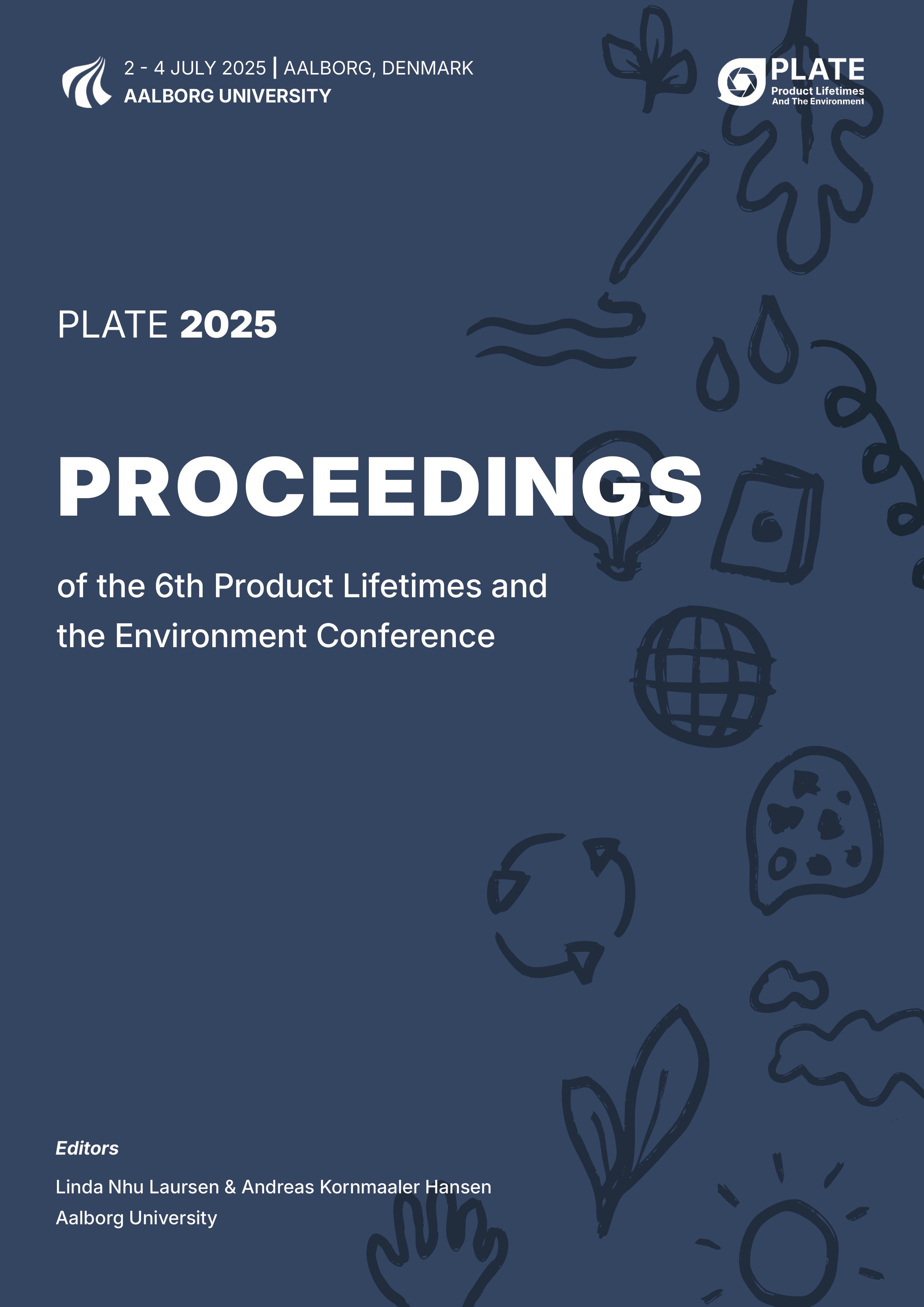Utilising Digital Technology for Garment Longevity
DOI:
https://doi.org/10.54337/plate2025-10373Keywords:
Garment Longevity, Digital Archives, Circular Economy, Digital Fashion, Sustainable practicesAbstract
This research explores methods for repurposing both physical resources and contextual specialist knowledge, offering insights that can inspire and enhance future fashion design and re-manufacturing and archival practices within the industry. It questions whether digital fashion design tools, such as CLO3D can expand from facilitating faster production and consumption to enhancing the use and potential longevity of garments. The study employs an ethnographic approach to practice-based research, where the authors focus on the interaction between the physical and digital worlds, to understand the wider application of CLO3D that promotes the value and lifespan of a garment. Two case studies were investigated to explore the impact of CLO3D on longevity: a historical garment archive that examined historic pattern cutting approaches; a contemporary collection of 30 deadstock sportswear garments. This research aims to enhance the designers understanding and accessibility of archival and
References
Gungor, A., & Gupta, S. M. (1999). Issues in environmentally conscious manufacturing and product recovery: a survey. Computers & Industrial Engineering, 36 (4), 811-853. https://doi.org/10.1016/S0360-8352(99)00167-9
Bain, M. (2022). The new technologies fashion schools are teaching students. The Business of Fashion (BOF). Retrieved October 2024, from https://www.businessoffashion.com/articles/technology/the-new-technologies-fashion-schools-are-teaching-students/
Business of Fashion. (2022). The state of fashion: technology.
Chan, E. (2024) Why Aren’t More Brands Upcycling Their Excess Stock? British Vogue. Retrieved February 2025, from https://www.vogue.co.uk/article/brands-deadstock
Ellen MacArthur Foundation. (2017). A New Textiles Economy: Redesigning fashion’s future. https://www.ellenmacarthurfoundation.org/a-new-textiles-economy
Ellen MacArthur Foundation. (2021). Circular business models: redefining growth for a thriving fashion industry.https://www.ellenmacarthurfoundation.org/fashion-business-models/overview
Kent, S. (2024) Fashion’s Plastic Addiction in Four Charts. Business of Fashion. Retrieved October 2024, from https://www.businessoffashion.com/articles/sustainability/fashion-polyester-addiction-textile-exchange-recycled-plastic/
Kozlowski, A., Bardecki, M. & Searcy, C. (2019). Tools for sustainable fashion design: An analysis of their fitness for purpose. Sustainability, 11 (13), 3581. https://doi.org/10.3390/su11133581
Kupresanin, A., & Chen, B. (2019). Fashion beyond physicality. Medium. https://medium.com/@superbureau/fashion-beyond-physicality-486d71b05dae
McNulty, R. (2019). Future Applications of Digital Clothing for Historical Costume: The past, present and future of fashion. Proceedings of EVA London 2019. https://doi.org/10.14236/ewic/EVA2019.45
Mida, I., & Kim, A. (2015). The dress detective: A practical guide to object-based research in fashion. Society of Antiquaries of London, Bloomsbury Academic, an imprint of Bloomsbury Publishing Plc.
Niinimäki, K., Peters, G., Dahlbo H., Perry P., Rissanen T., & Gwilt A. (2020). The environmental price of fast fashion. Nature Reviews Earth & Environment, 1 (4), 189–200. doi: 10.1038/s43017-020-0039-9. DOI: 10.1038/s43017-020-0039-9
Nike (2025). Introducing the Nike Re-Creation Program. Retrieved March 2025, from https://about.nike.com/en/newsroom/releases/nike-re-creation-program
Patagonia (2025) Worn Wear Recrafted. Retrieved March 2025, from https://wornwear.patagonia.com/collections/recrafted
Pecorari, M. (2019). Fashion archives, museums and collections in the age of the digital. Critical Studies in Fashion & Beauty, 10 (1), pp.3-29. DOI: 10.1386/csfb.10.1.3_7
Pucker, K. (2024). Beware the ‘Sheinification’ of Fashion. Business of Fashion. Retrieved March 2024, from https://www.businessoffashion.com/opinions/sustainability/shein-fast-fashion-hm-sustainability/
Stahel, W. R. (2019). The circular economy : a user’s guide.
The North Face (2025) Renewed. Retrieved March 2025, from https://thenorthfacerenewed.co.uk/collections/remade
Tonti, L. (2024). 'It’s the industry’s dirty secret’: why fashion’s oversupply problem is an environmental disaster'. The Guardian. Retrieved January 18, from https://www.theguardian.com/fashion/2024/jan/18/its-the-industrys-dirty-secret-why-fashions-oversupply-problem-is-an-environmental-disaster (Accessed: March 2024).
Wetherell, S., Nicholson, T., & James, A. (2023). 3D Fashion Design Software as a Critical Tool for the Remanufacture of Sportswear. 5th PLATE Conference Espoo, Finland, 31 May - 2 June 2023.
WRAP (2022). Nation’s wardrobes hold 1.6 billion items of unworn clothes* People open to new ways of shopping [Press Release].




